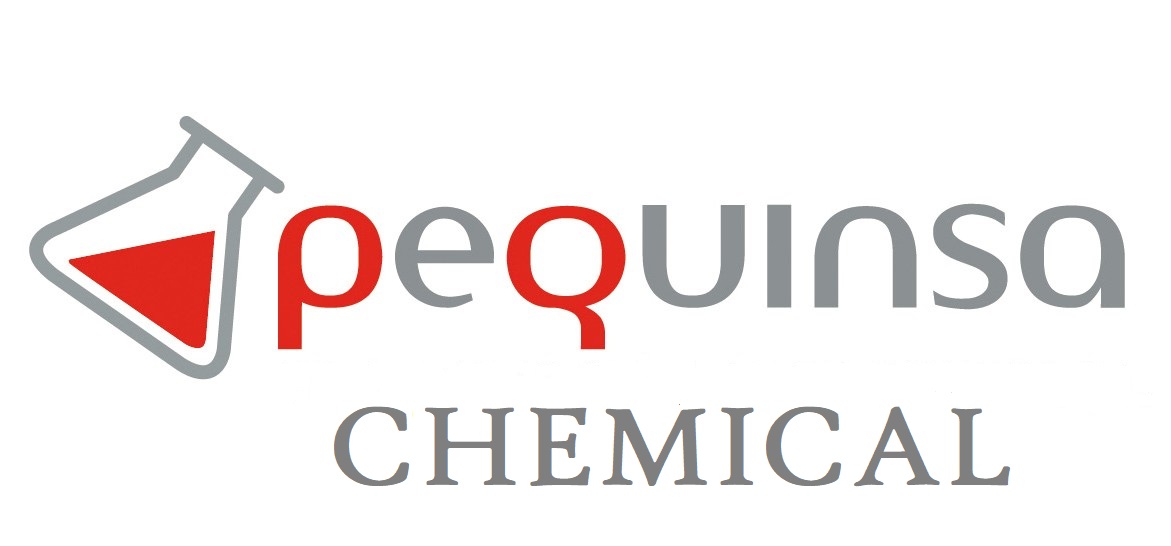-
Categories
-
Pharmaceutical Intermediates
-
Active Pharmaceutical Ingredients
-
Food Additives
- Industrial Coatings
- Agrochemicals
- Dyes and Pigments
- Surfactant
- Flavors and Fragrances
- Chemical Reagents
- Catalyst and Auxiliary
- Natural Products
- Inorganic Chemistry
-
Organic Chemistry
-
Biochemical Engineering
- Analytical Chemistry
-
Cosmetic Ingredient
- Water Treatment Chemical
-
Pharmaceutical Intermediates
Promotion
ECHEMI Mall
Wholesale
Weekly Price
Exhibition
News
-
Trade Service
.
Among them, colorectal bleeding is one of the
common clinical critical diseases in gastroenterology.
So, what diseases should be considered in patients experiencing colorectal bleeding?
The typical clinical manifestations of patients with colorectal bleeding are: sudden onset of blood in the stool, that is, dark red or bright red blood is excreted through the rectum, and large bleeding can be accompanied by signs of peripheral circulatory failure such as dizziness, dark cloud, pallor, increased heart rate,
.
However, in rare cases, patients with bleeding from the right colon may present with melena.
In addition, hematochezia may also be found in patients with acute upper GI bleeding, and approximately 15% of patients with hypothetical acute lower GI bleeding eventually find that the bleeding originates from the
tract.
Bleeding from diseases such as
diseases should be excluded when diagnosing acute lower gastrointestinal bleeding (colorectal).
Patients with colon malignant tumors often have fatigue,
before blood in the stool.
Common diagnostic methods for colorectal bleeding are:
Imaging examination: imaging examination is an important means
for diagnosis and localization of colorectal bleeding.
Commonly used imaging methods include abdominal contrast CT,
.
.
References:
1.
ZHU Yueyong,ZHUANG Zehao,DONG Jing.
Gastroenterologist Ward Rounds Manual (2nd Edition)[M].
Beijing:Chemical Industry Press,2017.
2.
Colorectal Group, Digestive Endoscopy Branch of Chinese Medical Association, Colorectal Group of Gastroenterologist Branch of Chinese Medical Doctor Association, National Clinical Research Center for Digestive Diseases.
Guidelines for the diagnosis and treatment of lower gastrointestinal bleeding(2020)[J].
Chinese Journal of Digestive Endoscopy,2020,37(10):685-695.
)







